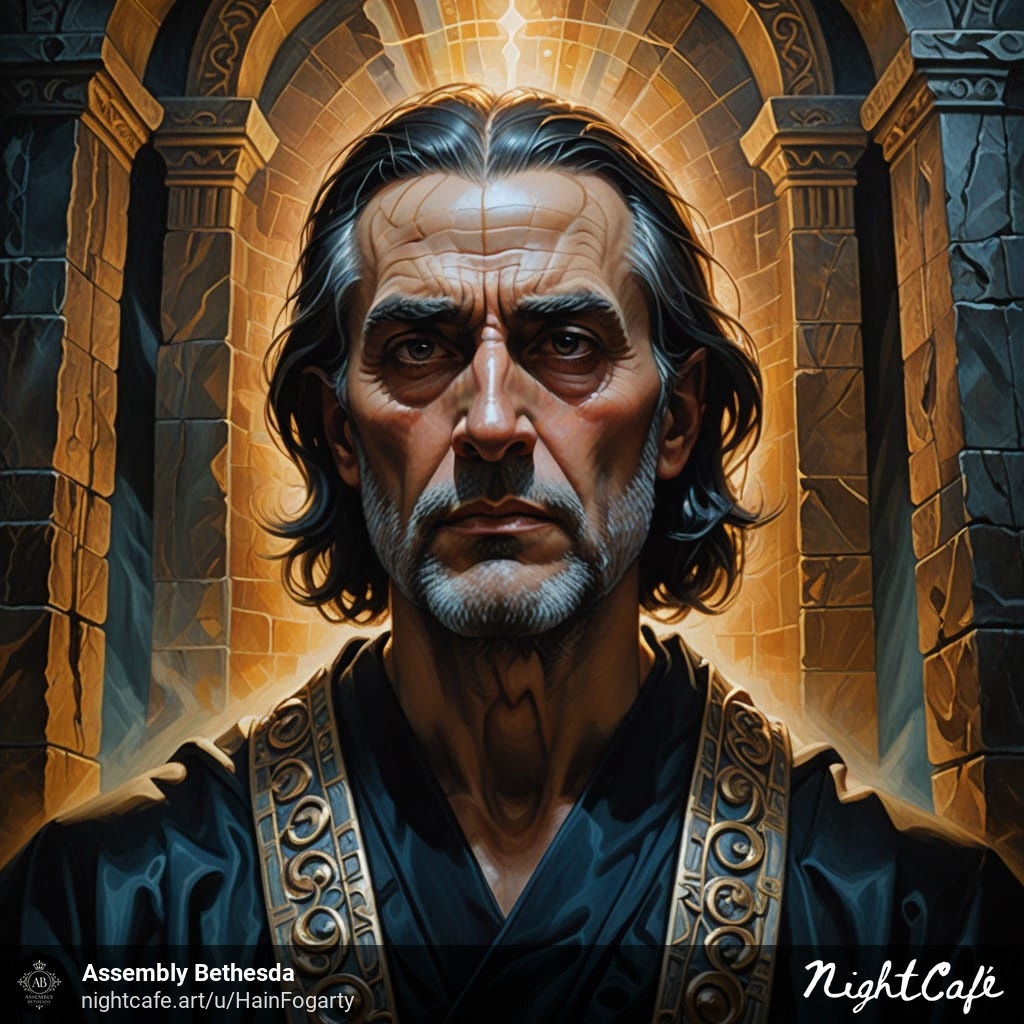As part of the intricate narrative of Judah’s lineage in Genesis, we find the short but chilling story of Er, a man whose life serves as a stark reminder of God’s unyielding justice. Although Er’s story appears only in Genesis 38:6-7, it serves as a cautionary tale about divine wrath.
Even though not much is said about Er’s life. His story underscores the consequences of disobeying God’s moral order, offering timeless lessons about divine judgment.
The firstborn son of Judah, one of Jacob’s twelve sons, Er played a significant role in the lineage that led to King David, as well as Jesus Christ, in Christian tradition. As Judah’s heir to his household, Er held a position of privilege and responsibility due to his Canaanite mother, the daughter of Shua. According to Genesis 38:6, Judah married Er to a woman named Tamar, a union that should have established his legacy for years to come.
As the narrative progresses, it takes a grim turn in that one verse: “But Er, Judah’s firstborn, was wicked in the Lord’s sight; therefore, the Lord killed him.” This abrupt end to Er’s life is both shocking and sobering, inviting us to reflect on the nature of his sin and the swiftness with which God responded.
Er’s wickedness is not elaborated in the Bible, leaving much to be speculated about. Was it idolatry, injustice, or some egregious moral failure? The silence of the text is intentional, emphasizing not the specific sin but the principle: God sees all and judges with righteous authority. As Er’s story illustrates, no one, not even the firstborn of a patriarch, is exempt from accountability.
The sudden death of Er illustrates the danger of living in opposition to God’s will. As Proverbs 14:12 warns, “There is a way that seems right, but in the end leads to death.” Er’s life exemplifies this truth.
The context of Er’s story amplifies its cautionary tone. Genesis 38 interrupts the narrative of Joseph’s journey to Egypt, which seems out of place at first glance. This placement is deliberate, and demonstrates the messy nature of human sin within God’s redemptive plan. The covenant promise is carried by a family that is far from perfect. Er’s wickedness is the first of many failures that followed by Onan’s disobedience and Judah’s own moral failures.
Perez, an ancestor of David, is born from Tamar’s perseverance, thus demonstrating that God’s wrath is not an end in itself, but a means to preserve His plan for mankind.
A divine wrath, as depicted in Er’s story, is not vindictive or capricious, but is rooted in God’s holiness and unwavering in the judgment of unrepentant sinners. Several Biblical accounts of divine justice echo Er’s fate, including Ananias and Sapphira in Acts 5, who were struck dead for lying to the Holy Spirit. These stories remind us that God’s patience has limits, and His wrath serves as a corrective force, calling His people back to righteousness.
Hebrews 10:31 declares, “It is a dreadful thing to fall into the hands of the living God.” Er’s story serves as a reminder that God’s standards cannot be compromised.
Er’s tale challenges modern readers to examine their own lives. While we might not be subjected to immediate divine judgment in the same way, the principle remains: sin separates us from God, and unaddressed wickedness invites consequences. Er’s story. Are our lives marked by pride, dishonesty, or rebellion?
The lack of detail about Er’s sin makes his story universally applicable, urging us to seek repentance and align our lives with God’s purposes.
Er’s death sets the stage for Tamar’s redemption, showing that God’s wrath isn’t the end. With Tamar’s faithfulness, God continues the lineage that fulfills His covenant promises.
Seeing judgment and grace side-by-side demonstrate what the Gospel is all about. God’s wrath against sin is real. But His mercy won’t fail those who turn to Him. It’s tragic, but Er’s story shows that there’s hope for redemption, and we should obey.
In just two verses, the story of Er encapsulates a profound truth: God’s wrath is a response to human sin, but His ultimate desire is restoration. As we reflect on Er’s life and death, we should heed its warning, pursue righteousness, and trust in the God who judges justly and loves deeply.

